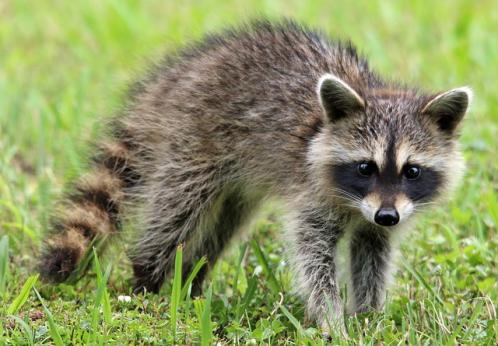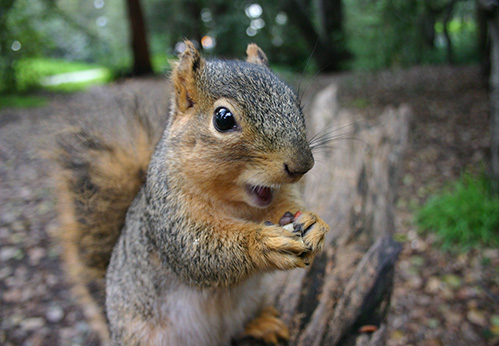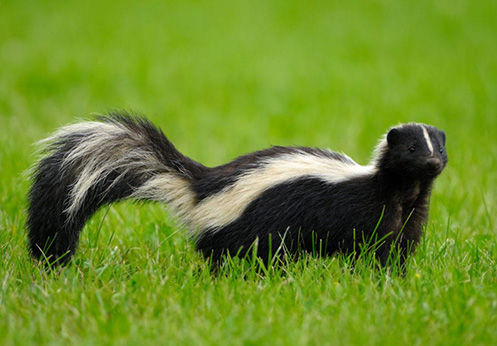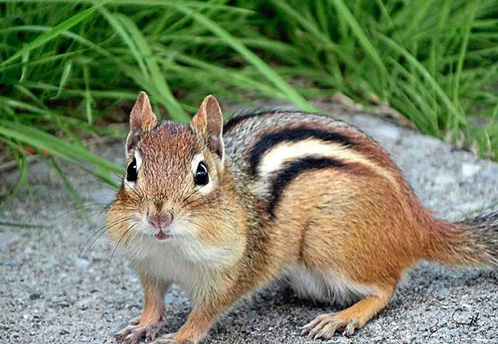Wasp Removal

Several species of wasps can be beneficial to gardens as pollinators, but others can cause harm to homes and people. Wasp stings are painful for most and can cause anaphylactic shock in those that are allergic. That is why it is imperative to control wasp nests around and inside homes, apartments, and commercial buildings. Our company will help you to get rid of wasps, including the yellow jacket species, and hornets. Hornets are removed the same way wasps are, as the pests are very similar.
Not sure if you have a wasp or hornet infestation? Call us at Empire Wildlife Removal for wasps removal services and get 25% off on inital booking.
Wasp Removal Services in Durham Region
The most commonly known wasps, such as yellow jackets and hornets, are in the family Vespidae and are eusocial, living together in a nest with an egg-laying queen and non-reproducing workers. The majority of wasp species are solitary, with each adult female living and breeding independently. Many of the solitary wasps are parasitoidal, meaning that they raise their young by laying eggs on or in other insects (any life stage from egg to adult). Unlike true parasites, the wasp larvae eventually kill their hosts. Solitary wasps parasitize almost every pest insect, making wasps valuable in horticulture for biological pest control of species such as whitefly in tomatoes and other crops.
Wasps play many ecological roles. Some are predators, whether to feed themselves or to provision their nests. Many, notably the cuckoo wasps, are kleptoparasites, laying eggs in the nests of other wasps.
Need our services? Get a FREE quote!!








